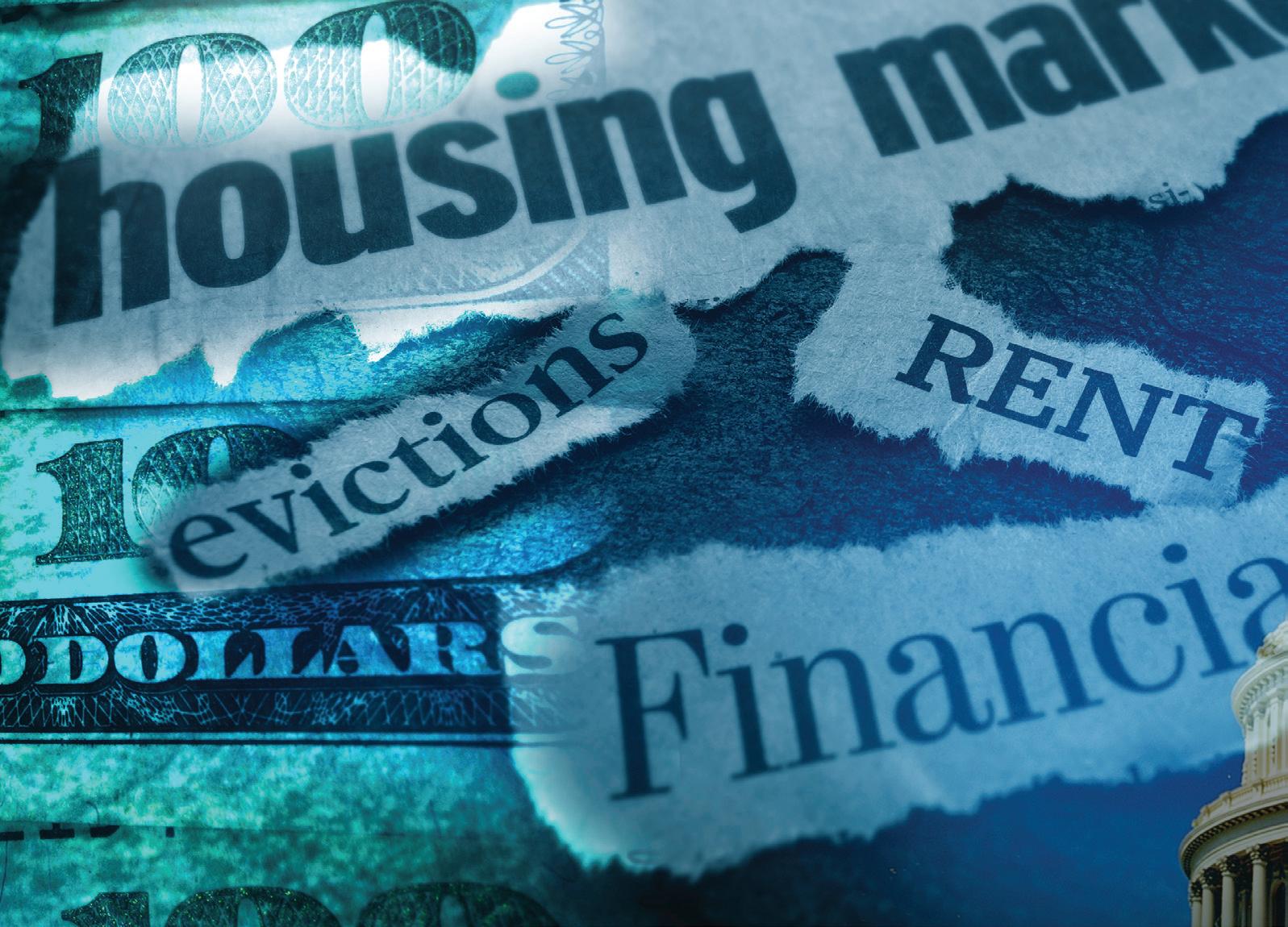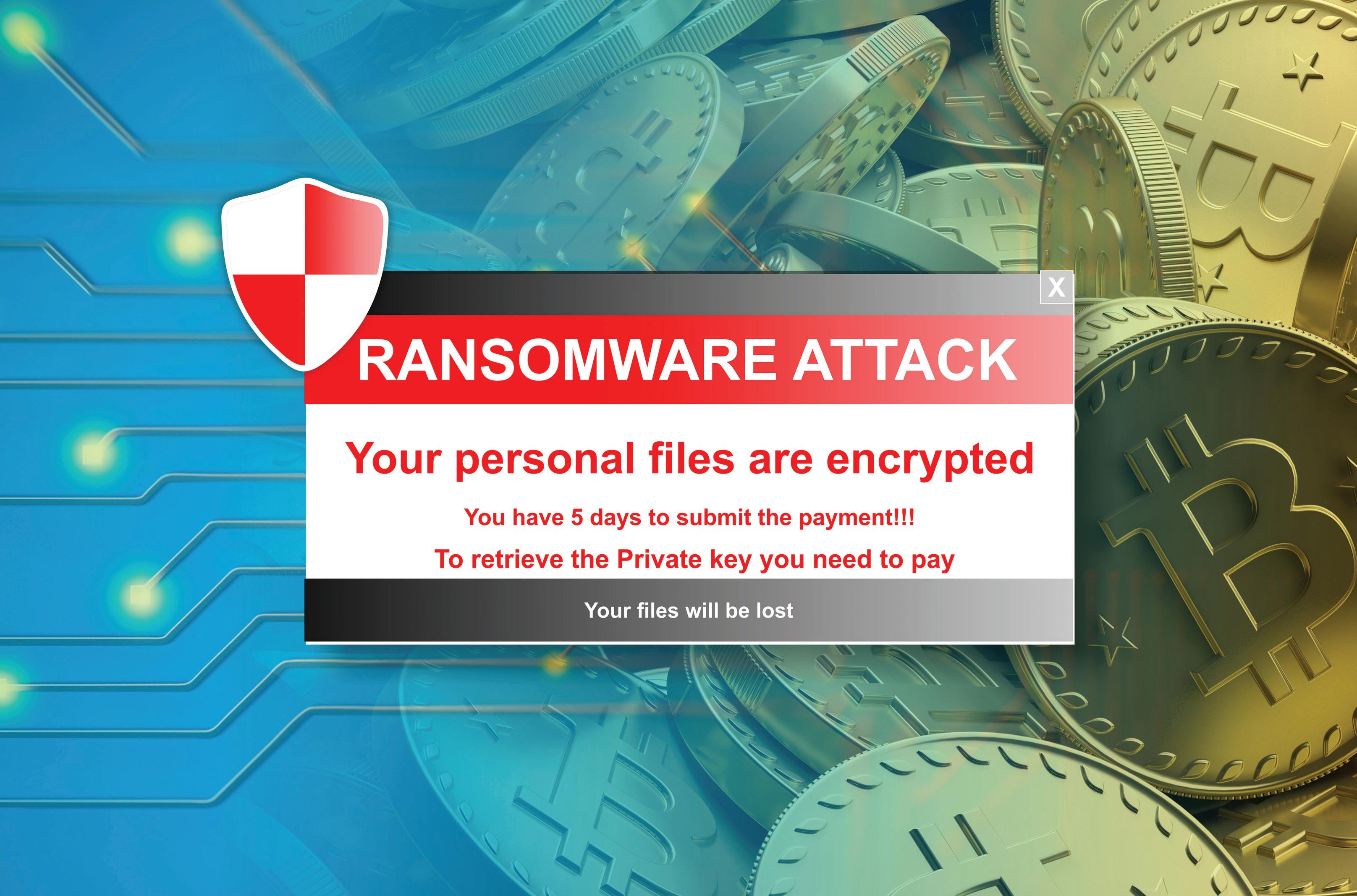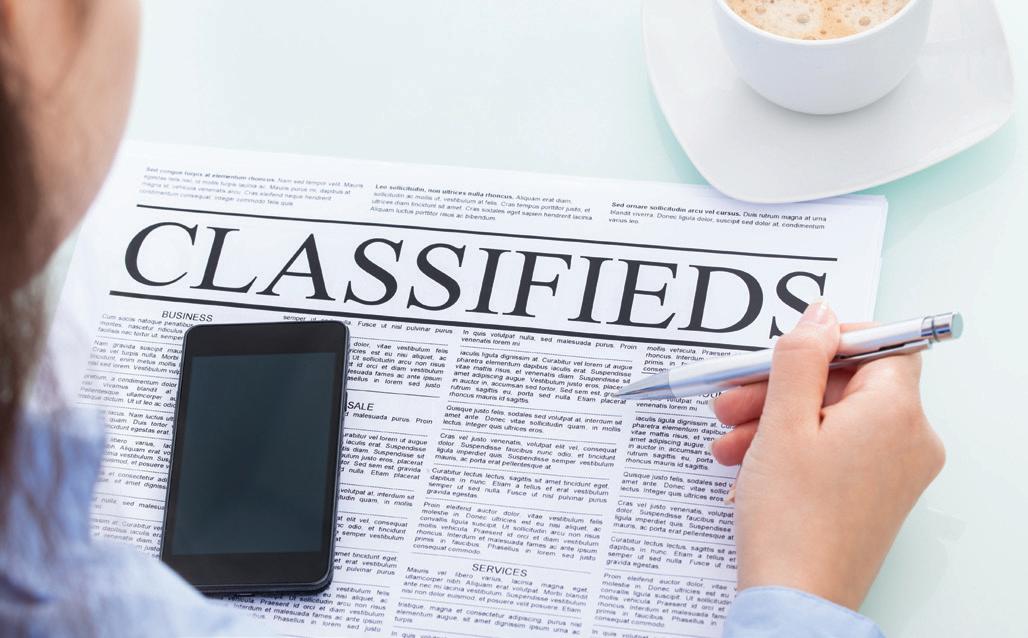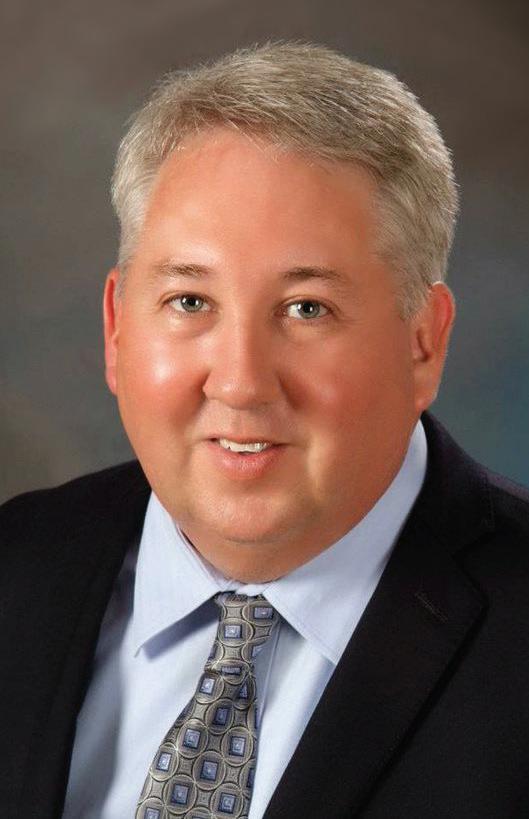
9 minute read
CPE Article
Understanding and Avoiding Auditing-related Enforcement Actions
By Abdullah al-Moshaigeh, Ph.D., Denise Dickins, Ph.D., CPA, CIA, and Julia L. Higgs, Ph.D., CPA
CURRICULUM: Accounting and Auditing
LEVEL: Basic
DESIGNED FOR: Auditors and CPAs in public practice
OBJECTIVES: To describe the interrelationship between the enforcement processes of the Public Company Accounting Oversight Board (PCAOB), the American Institute of CPAs (AICPA) and state boards of accountancy (BOAs), and help CPAs better understand and avoid auditing-related enforcement actions
KEY TOPICS: PCAOB, AICPA and BOA enforcement issues, present data of recent actions, the interrelationship of auditing-related enforcement actions and adhering to the professional standards
PREREQUISITES: None
ADVANCED PREPARATION: None
In the United States, CPAs who perform audits are obligated to follow many rules and regulations, including those of the Public Company Accounting Oversight Board (PCAOB), the American Institute of CPAs (AICPA) and state boards of accountancy (BOAs). To help CPAs better understand and avoid auditing-related enforcement actions, in this article we describe the interrelationship between the enforcement processes of these organizations and present data of recent enforcement actions.
PCAOB Enforcement
PCAOB has authority to investigate and discipline registered public accounting firms and persons associated with those firms for noncompliance with its rules, other laws and rules, and professional standards governing the audits of issuers and broker-dealers. Investigations can be initiated based on the results of its annual or triennial inspections of registered CPA firms, confidential tips or its interactions with CPAs of registered firms. PCAOB’s Division of Enforcement and Investigations conducts enforcement activities.
Cases unrelated to issuer audits, such as insider trading by a CPA, are handled by the Securities and Exchange Commission (SEC) and the Department of Justice (DOJ). This article does not address these types of matters.
As depicted in Figure 1, from the date PCAOB issued its first enforcement report on May 24, 2005, through December 31, 2018, 183 U.S. CPAs were sanctioned.
Lack of skepticism or due care Poor quality control Poor documentation Altered or misleading documentation Lack of independence Lack of cooperation Other Total
Prior to 2012, sanctions averaged six per year, then increased dramatically. This increase may be related to the appointment of James Doty as chairman of PCAOB in 2011 and his announcement of an increased emphasis on enforcement actions.
Doty was replaced on December 12, 2017 by William D. Duhnke III, and most other members of the PCAOB board were replaced in 2018. Like other organizations with political appointees, regime changes likely impact their regulatory and enforcement activities.
PCAOB can charge CPAs with a variety of infractions, including: • Lack of independence, • Inadequate documentation, • Failing to adhere to auditing standards, • Lack of skepticism or due care, • Altering documentation, or • Failing to cooperate with inspectors, among others.
As summarized in Table 1, for PCAOB enforcement actions occurring through May 31, 2018, the most frequently cited infraction was lack of skepticism or due care (23%). Also highly cited were poor quality control, including related to engagement quality reviews (16%), poor documentation (13%), altered or misleading documentation (9%), lack of independence (9%) and lack of cooperation (9%).
Associated disciplinary actions range from censure (a warning that repeat behavior will be punished), to revocation of the CPA’s firm registration (preventing future audits of issuers). Examples of the activities and their resulting disciplinary actions are provided in Table 2.
Our analyses of enforcement actions through December 31, 2018 reveal that most commonly, they result in revoking the registration of the CPA’s firm (74%) and the infraction associated with the most severe disciplinary action is altering documentation. When assessed against individual CPAs, fines associated with enforcement actions average $6,485 and range from zero to $100,000. When assessed at the firm level, fines have reached $2,000,000 (against EY in the Medicis audit).
BOA Enforcement
While PCAOB can assess fines and prevent CPAs from performing issuer audits, it cannot prevent a CPA from practicing public accounting. The practice of public accounting is regulated and governed by state BOAs. CPAs prohibited from performing issuer audits can still engage in tax services, non-attest services and audits of nonissuers.
BOAs establish rules concerning professional competence, the exercise of due care, and adequate planning and performing attest and non-attest services. Most BOAs require that CPAs complete an annual or bi-annual minimum number of continuing professional education (CPE) hours and participate in periodic peer reviews. Failure to abide by the rules can result in censure, fines and/or license revocation.
BOAs are made aware of auditingrelated issues through a variety of sources, including notification by PCAOB (or other federal and state agencies), complaints or licensee selfreporting. Most BOAs require CPAs to report within 30 days any conviction or judgment by other enforcement organizations, as well as results of administrative proceedings.
AICPA has established a Code of Professional Conduct (CPC) with which its members must abide. The CPC covers three types of members: those in public practice, industry, and retired or otherwise unemployed. As most recently amended on Dec. 15, 2014, the CPC requires that members “act in a way that will serve the public interest, honor the public trust, and demonstrate a commitment to professionalism.” Members do this by, among other things, discharging their responsibilities with integrity, objectivity (and independence when required, as when performing an attest engagement), and using due professional care.
Compliance with the CPC is primarily monitored through notices from other organizations, such as BOAs, state CPA societies, PCAOB and the Internal Revenue Service (IRS), or by reports received directly by mail or email at: ProfessionalEthicsSubmissions@aicpa.org. Although membership in AICPA is voluntary, many CPAs participate in its peer review coordination program and application Firm terminations are posted on AICPA’s website (see: https://www.aicpa.org/forthepublic/prfirmterm.html). In 2018, AICPA terminated the memberships of 26 firms; and in 2017, 2016 and 2015, firm memberships totaling 25, 34 and 21, respectively, were terminated.
Responsibility for enforcement actions is delegated to AICPA’s Professional Ethics Executive Committee (PEEC). Disciplinary actions imposed are admonishment (public reprimand), suspension or termination of membership. Most disciplinary actions are the result of enforcement activities of “approved entities” (e.g., PCAOB, BOAs, SEC, IRS).
As needed, the PEEC conducts joint investigations with state CPA societies (the Joint Ethics Enforcement Program - JEEP). It can also conduct independent investigations of violation reports of the CPC. The results of investigations are only made public if a member is found to have violated the CPC or if a settlement agreement involves membership rights and the member agrees to publication.
Although the details of CPA disciplinary actions are available on AICPA’s website (https://www.aicpa.org/ forthepublic/disciplinaryactions.html), they are routinely removed in accordance with the following guidelines: • One year following admonishment, • One year after a suspension period, • A maximum of seven years after termination.
Of the 454 disciplinary actions reported on AICPA’s website as of May 30, 2019, 328 were automatic disciplinary actions, 47 were the result of settlements with the JEEP and 79 were matters decided by the AICPA Joint Trial Board. Importantly, these actions are the result of more than auditing-related issues.
As depicted in Figure 2, AICPA enforcement actions against CPAs during the period from 2008 to 2018 totaled 1,651, ranged from 80 (2008) to 249 (2012), and averaged 150 each year. In 2012, AICPA initiated a record number of cases (n = 768, not tabulated), which resulted in a record number of admonishments (n = 161) and a record number of corrective actions (n = 244, not tabulated), although the reason is unclear.
Of the AICPA enforcement actions during the years 2005 to 2014, 47% were due to substandard professional practice, 28% were associated with criminal actions, 18% were related to failures to cooperate in an investigation or to comply with a directive, and 7% were for other matters (see: Armitage, J. L., and Moriarity, S. R., “An examination of AICPA disciplinary actions: 1980–2014,” Current Issues in Auditing, 10, 2, 2016, A1-A13). Penalties associated with substandard work became more stringent during the period from 1980 to 2014.
The Interrelationship of Enforcement Actions
Table 3 provides examples of the interrelationship of auditing-related enforcement actions. The comparisons represent five automatic disciplinary actions of AICPA related to matters reported by PCAOB or the SEC.
Evident from the data is how AICPA-automatic actions align with the terms of PCAOB or SEC discipline; membership suspensions mirror the time period preceding a CPA’s right to apply for reinstatement to practice before PCAOB and the SEC. Also evident is the variation in enforcement actions of BOAs, which is likely due to variation in the structure and resources of state BOAs.
Avoiding Enforcement
Obviously, the best way to avoid enforcement is to adhere to the professional standards. Many firms faced PCAOB sanctions related to engagement quality review issues that may have been avoided by greater understanding and diligence in execution when AS 1220, Engagement Quality Reviews, was enacted in 2009.
CPE courses are required to ensure that practitioners stay current. Courses cover a range of topics from the implementation of new standards, to exercising professional skepticism. Practitioners should diligently select courses relevant to their practice area and be attentive during the courses.
There are also opportunities to interact with auditing standard setters. For example, PCAOB regularly holds roundtables around the country for practitioners to learn about areas that are important at the inspection and enforcement level.
Each year, PCAOB, BOAs and AICPA take action against CPAs for revising documentation and non-cooperation. While CPAs may fear that their work was deficient,
there are rules that prohibit altering or removing documentation from the auditor’s working papers.
Altering working papers more than 45 days after release of the auditor’s opinion on an issuer (AS 1215) or more than 60 days after the release for a non-issuer (AU-C 230) virtually guarantees an enforcement action, while inspection or peer review outcomes on questions about audit judgments are less certain.
As described by former associate director in the Division of Enforcement and Investigations of PCAOB, Rob Berger: “In most cases, the alteration of audit documentation was the most severe violation, far worse than any audit failure. As they say, the cover-up is worse than the crime” (Berger, R., “How the PCAOB uncovers altered work papers,” Accounting Web, 2016, available at: https://www. accountingweb.com/aa/auditing/how-the-pcaob-uncoversaltered-work-papers).
The likelihood of violating these rules could be reduced by implementing automated controls that prevent modification of electronic work papers without specific approvals. Enforcement organizations are likely more lenient when CPAs cooperate and are penitent.
ABOUT THE AUTHORS:
Abdullah al-Moshaigeh, Ph.D., is an Adjunct Professor at Florida Atlantic University, where he teaches financial and managerial accounting. His research interests include corporate governance, big data analytics and internal auditing.
Denise Dickins, Ph.D., CPA, CIA, is a Professor at East Carolina University. Her teaching and research interests include auditing and corporate governance. Contact her at DICKINSD@ecu.edu.
Julia L. Higgs, Ph.D., CPA, is a Professor at Florida Atlantic University, where she teaches auditing and financial accounting. She has published in academic and professional journals on numerous topics relevant to the accounting profession.









